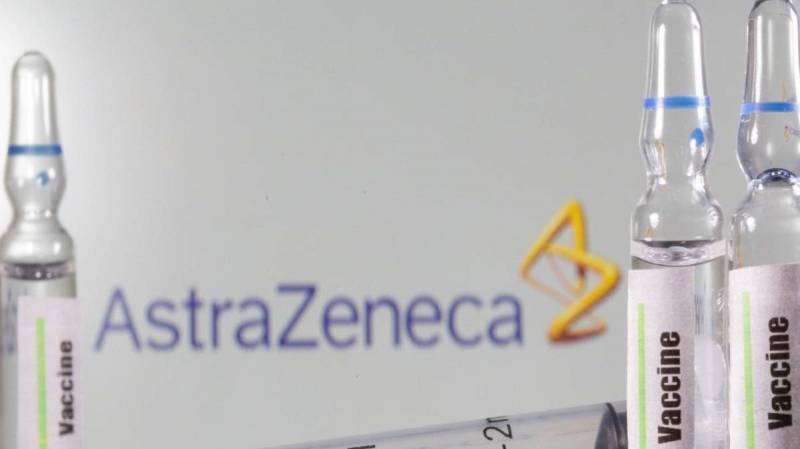Kidney patient, 82, gets first Oxford/AstraZeneca jab

Stay tuned with 24 News HD Android App

An 82-year-old man on Monday became the first person in the world to receive AstraZeneca and Oxford University's new Covid jab outside a clinical trial, raising hopes the fight against a resurgent virus will accelerate.
Brian Pinker, a retired maintenance manager from Oxford in south central England, received the jab at the city's Churchill Hospital, the National Health Service said.
Sam Foster, chief nursing officer at Oxford University Hospitals NHS Foundation Trust, administered the jab wearing protective equipment in front of the media.
"He was great. He was raring to go. He had no hesitation and he said he didn't feel a thing after his vaccine. A great patient and a great advocate for this vaccine," she said.
Pinker, who has been having dialysis for kidney disease, said: "The vaccine means everything to me. To my mind it's the only way of getting back to a bit of normal life."
Britain -- one of the worst-affected countries by the global health crisis, with more than 75,000 deaths -- is pinning its hopes on its mass vaccination drive.
Some 530,000 doses are to be administered at new vaccination sites across the country, adding to those already giving the Pfizer-BioNTech jab since early last month.
Prime Minister Boris Johnson promised that the number vaccinated "will be tens of millions by March" in comments to Sky News.
The new vaccine brings hope as a new variant of the virus has caused a surge in cases in England, putting pressure on hospital beds, and prompting calls for tougher restrictions.
There were 54,990 new cases on Sunday and hospitalisations rose more than 47 percent last week. Overall, Britain has now had more than 2.6 million confirmed cases.
The prime minister acknowledged Monday that the infection rate would force further tightening of anti-virus restrictions despite the harsh measures already in place in most of England.
"If you look at the numbers, there's no question that we will have to take tougher measures and we will be announcing them in due course," Johnson said.
Currently more than three-quarters of England's population have been advised to stay at home. Non-essential shops have been shut, along with bars, restaurants and other hospitality and entertainment venues.
But the virus restrictions have not noticeably slowed the steep rise in cases and ministers are facing pressure to delay the return of schools after the Christmas holiday, although Johnson has insisted that "schools are safe."
Difficult time
Health Secretary Matt Hancock told BBC radio on Monday: "I hope we will get through this difficult time in the next few weeks and months.
"The chances of us being able to do that have significantly accelerated today because we've been able to be the first country in the world to inject this new AstraZeneca vaccine into people's arms."
Andrew Pollard, the director of the Oxford Vaccine Group that developed the vaccine, was among the first to receive it on Monday.
The UK has pre-ordered 100 million doses of the vaccine, which Pollard has said could transform the world's fight against the outbreak.
It was created by scientists at the University of Oxford and developed, manufactured and distributed by UK-based pharmaceuticals giant AstraZeneca.
Britain became the first in the world to approve the use of a vaccine produced by Pfizer-BioNTech on December 2, and has already given nearly one million people a first dose.
The Oxford/AstraZeneca vaccine is far cheaper than its rivals, costing about £2.50 ($3.40, 2.75 euros) per dose, making it affordable for developing countries.
It can also be kept in the fridge, while Pfizer-BioNTech's requires storage at ultra-low temperatures.
AstraZeneca has said it plans to increase production capacity globally to up to 3 billion doses this year.
India approved the vaccine on Sunday, following Argentina, but the European Union regulator has said it is unlikely to approve the vaccine in January.
The UK plans to administer it in two doses with an interval of four to 12 weeks. Priority is being given to the elderly and clinically vulnerable.
